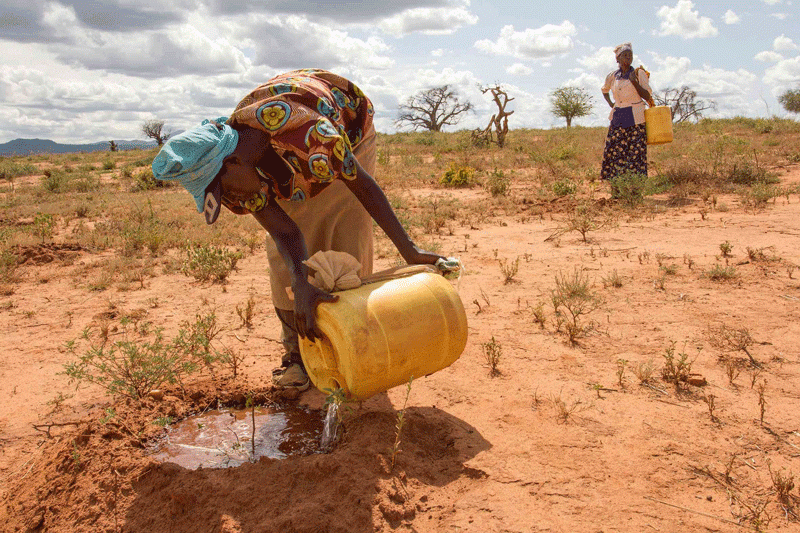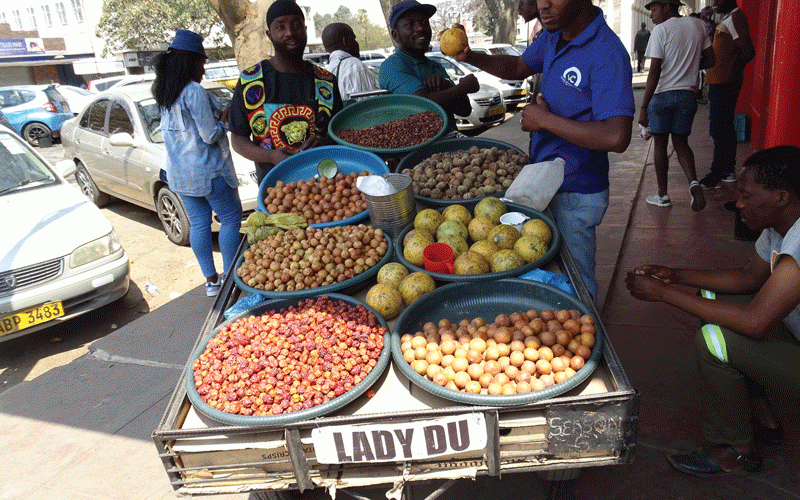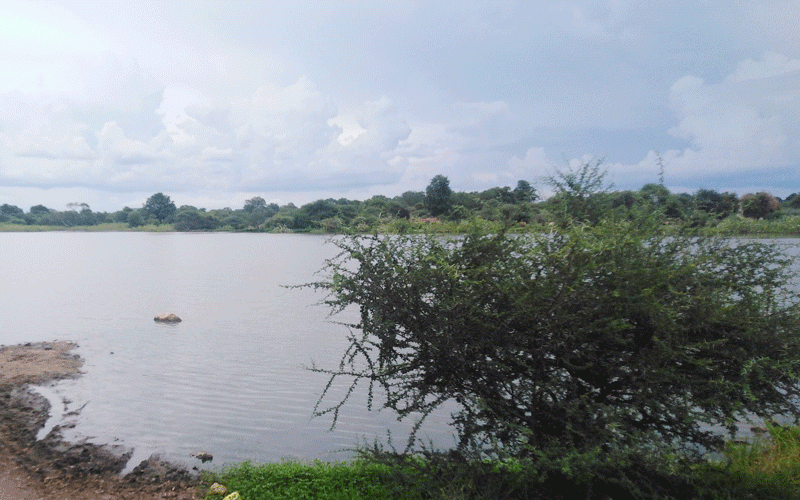
THE World Bank has advised the government to fund climate change adaptation interventions in the face of recurring droughts that have left millions facing starvation.
Zimbabwe is reeling from the effects of the El Nino induced drought which President Emmerson Mnangagwa declared a national disaster last year.
Mnangagwa appealed for US$3 billion in humanitarian assistance.
World Bank country manager, Eneida Fernandes, said investing in irrigation development and watershed management will boost food security going forward.
Fernandes said this during the launch of the 5th Zimbabwe Economic Update report in the capital on Friday.
The report was launched under the theme ‘Improving Resilience to Weather Shocks and Climate Resilience to Boost Economic Growth in Zimbabwe’
“The impact of the El Nino drought highlights Zimbabwe’s urgent need to bolster resilience against climate-related shocks, with a focus on the agriculture sector, a critical pillar of the economy,” Fernandes said.
“Climate shocks such as the drought undermine sustainable development and exacerbate poverty levels, making it imperative to enhance the resilience of the agricultural sector.
- COP26 a washout? Don’t lose hope – here’s why
- Out & about: Bright sheds light on Vic Falls Carnival
- COP26 a washout? Don’t lose hope – here’s why
- Out & about: Bright sheds light on Vic Falls Carnival
Keep Reading
“Enhancing irrigation development and investing in landscape and watershed management will be essential for the well-being of Zimbabweans and the stability of the economy.”
She encouraged the government to support the vulnerable households directly impacted by climate change and drought.
“In restoring macro-economic stability, it will be essential to minimize the impact of economic reforms on vulnerable households,” she said.
“It will be critical for the government and development partners to identify ways to support vulnerable households, including by further strengthening and utilizing the new National Social Registry to coordinate and target assistance.”
Livestock Meat and Advisory Council (LMAC) executive administrator, Reneth Mano, said there is need for deliberate funding towards climate change adaptation interventions.
“If we had implemented climate change adaptation from 1992 when we had another severe drought, we would have had 58 years of adaptation financing by 2050,” Mano said.
He noted that Zimbabwe needs to learn from other countries on how they were dealing with issues of climate change.
“When you look at desert countries and Israel, you see how they are dealing with climate issues, water scarcity, and the efficiency with which they utilize the little water they get,” he said.
“I think in Zimbabwe, we have a lot to learn. So, irrigation is indeed key.
“The other key issue I would like to raise with the Minister of Finance and Minister of Agriculture is to prioritise irrigation financing.”
Climate change has left communities facing hunger while livestock has also not been spared as seen in the destruction of their habitats resulting in human wildlife conflicts.









